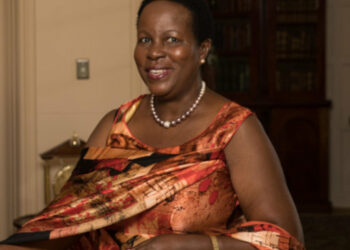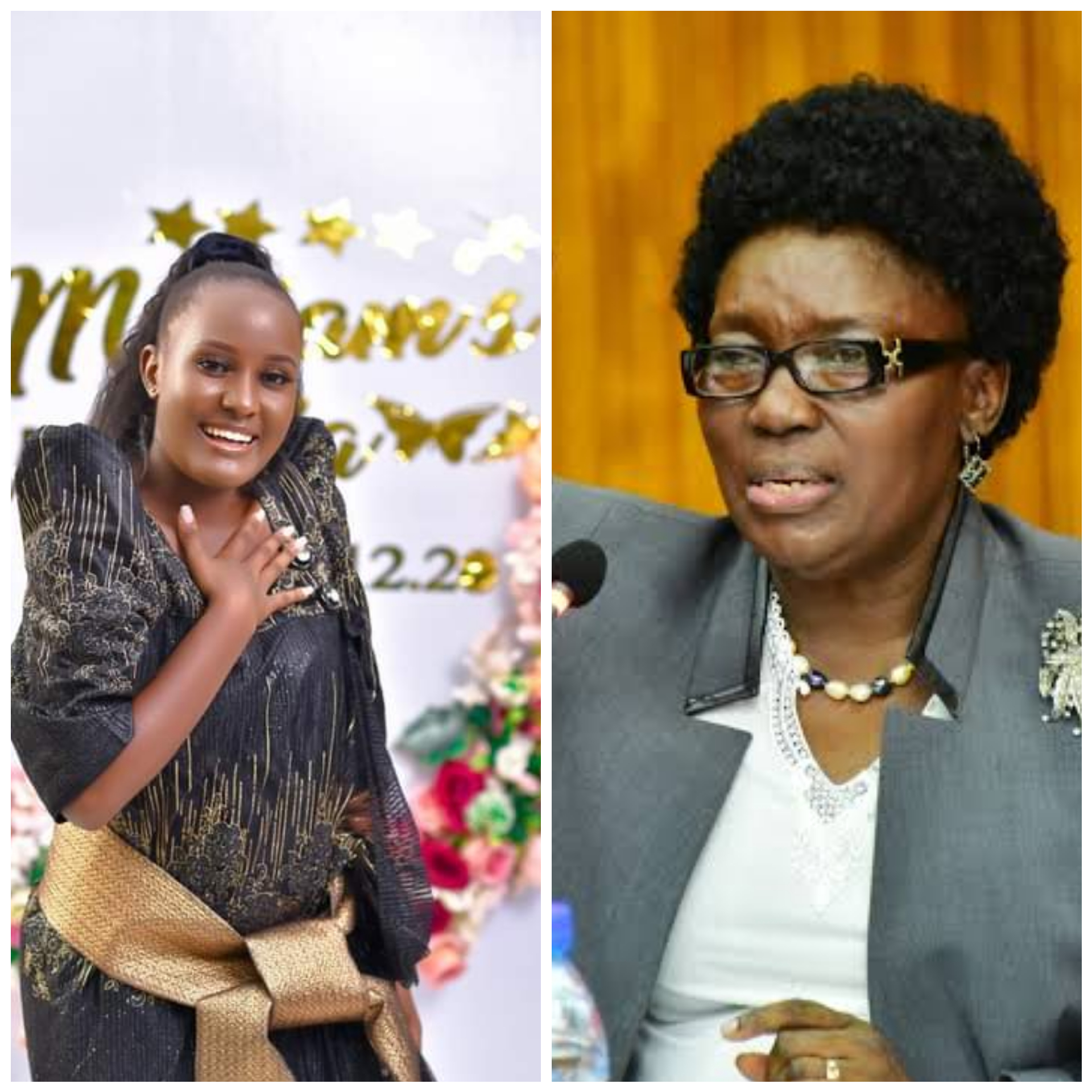Uganda will join the rest of the international community to mark the International Women’s Day on Monday 8th March 2021. The day will be celebrated under the theme, Building on Women’s Strength for a Better Future in a COVID-19 World.
Although the Covid-19 pandemic has adversely affected many countries and indeed created many challenges that are seemingly insurmountable, nations around the world are slowly and steadily recovering. This year’s theme therefore, is an opportune moment to reminisce on how we can continue to engage the women in Uganda’s development agenda, the aforementioned challenges notwithstanding.
The International Women’s Day is also an occasion to look back at how far we have come as a country and indeed as humanity in harnessing the potential of women to address the development challenges of our times. Owing to history, culture and ignorance, many societies in the world have over the years failed to realize the role women do play in the development programmes of their communities. With the women emancipation movement however, countries have rather belatedly understood the invaluable contribution of the female gender to the development of nations.
The Public Procurement and Disposal of Public Assets Authority (PPDA) appreciates the significance of the female gender if we are to attain our development aspirations as enshrined in the National Development Plan and Vision 2040, plus other national, regional and international development instruments we subscribe to.
Women constitute more than 50% of our population. Therefore, it is foolhardy to imagine that we can make any significant strides in our development journey without recognizing the importance of the biggest segment of our population.
It is against this background that with support from the United Nations Entity for Gender Equality and the Empowerment of Women (UN WOMEN) we conducted a study to review the opportunities and barriers to participation of women entrepreneurs in public procurement in Uganda.
The study found out that women in business face challenges including lack of awareness on public procurement among others. The findings from the study also revealed that a collection of initiatives involving a collaborative approach by various stakeholders would be required to have any impact.
Furthermore, according to the study, increasing women’s economic opportunities in Uganda’s public procurement system, in the region and in the world is not a favour. It is anchored on a number of factors:
It is a human right as provided for in our national legal framework and other international instruments.
Women constitute more than 50% of the human resource of many economies and evidence shows that economies do better when the women potential is harnessed;
It is a moral imperative and is a matter of fairness and equity;
Procurement of goods, services and works by government is a key policy tool governments use to advance social-economic goals; therefore it would be imprudent to expect serious results when more than 50% of the population is ignored in such undertakings.
The global development agenda pronounce in strong terms the gender equity principles and women are now a formidable force in all sectors. Advancing the gender issues in public procurement will be used to address the barriers that affect women participation in the tendering processes at both the central government and local government levels.
To this end, the PPDA has engaged the women owned businesses as well as women entrepreneurs currently involved in public procurement to build their capacity in public procurement.
In collaboration with Uganda Women Entrepreneurs Limited (UWEAL), the PPDA has undertaken the equipping of potential women entrepreneurs, with knowledge and information to successfully bid for public contracts. Activities to ensure this included capacity building exercises in Kampala, Masaka, Mbarara, Mbale, Gulu, Jinja, Soroti, Hoima, Kitgum, Fort Portal and Pallisa Districts. To date, capacity building engagements have seen more than 600 women in the supply and services sectors trained in best public procurement practices.
Additionally, a redesign of the Register of Providers under the PPDA has been undertaken. The objective of this redesign is to promote the visibility of women owned businesses and provide an opportunity for women to showcase their skills and experience which shall augment their chances of participating in public procurement.
The PPDA has also issued guidelines on reservation schemes to promote local content in public procurement. A reservation scheme serves to set aside procurement opportunities to benefit a target group of providers such as women, youth, and the elderly depending on the objectives. It is a kind of affirmative action.
The reservation schemes which also provide for increasing the input of local labour, goods and services in the procurement of public sector projects, goods and services within the country will tap into the potential of hitherto marginalized groups including women, youth, persons with disabilities and the elderly.
With these initiatives and others that we shall continue to unravel, we look forward to the enhanced participation of women in business and ultimately in public procurement. We wish all women and all Ugandans the very best on the 2021 International Women’s Day.
The writer is the Executive Director
Public Procurement and Disposal of Public Assets Authority, PPDA
Do you have a story in your community or an opinion to share with us: Email us at editorial@watchdoguganda.com













